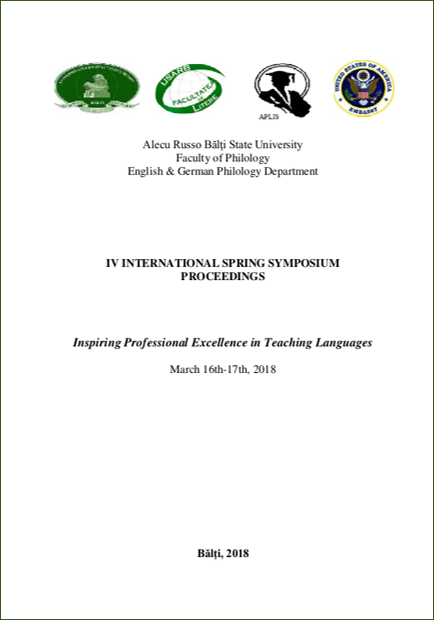Author(s): Cristina Maria Stoica,Gabriela Marinescu / Language(s): Romanian
Publication Year: 0
Like it or not, cultural awareness across nations is becoming a must for all, individuals, managers and employees alike. Understanding cultural differences between countries and organizations seem to become a very difficult process with many concepts that are increasingly relevant today. There are good frameworks and models for national and organization culture by Meyer, Trompenaars & Hampden-Turner, Edgar Schein, Denison, Hofstede and others. Anyone today, could try to understand cultural differences even if you do not ever move to another country. More than military, political or economic power, culture has had the greatest impact on the world. The globalization of culture, allows people to communicate more with each other and learn to see and understand other cultures and behaviors. Migration plays an important role in spreading the phenomenon. Although migration, a growing phenomenon, has as a possible effect the loss of cultural identity for newcomers, globalization can also allow the convergence of cultures, not just divergence. Convergence is most easily achieved through art, film, sports and even work in multicultural environments. The integration of the cultures of the countries of the world into the world system leads to the development of modern means of transport, infrastructures, economic and social relations. Culture touches almost every aspect of human life on earth. Cultural implications are critical for succeeding in an international context. Lack of intercultural sensitivity can offend, alienate, and perturb people from different countries. It has a negative effect on any activity. Understanding cultural differences and intercultural communication allows individuals to adapt their skill set to meet the intercultural collaboration needs that global businesses value. Understanding cultural differences teaches us to know when to listen, when to ask for help, and when to speak. Better understanding other cultures improve our ability to communicate with others in many ways that lead to positive outcomes. Research on cross-cultural communication often focuses on understanding how individual differences influence our ability to communicate with others. Since most individuals grow up within a single culture having to interact with others from a different culture or background represent a challenge. We invite you to this
More...



